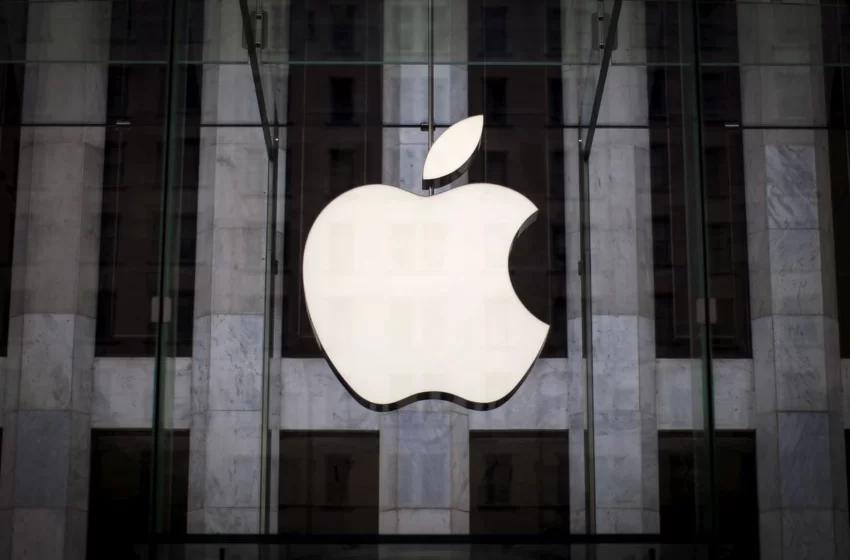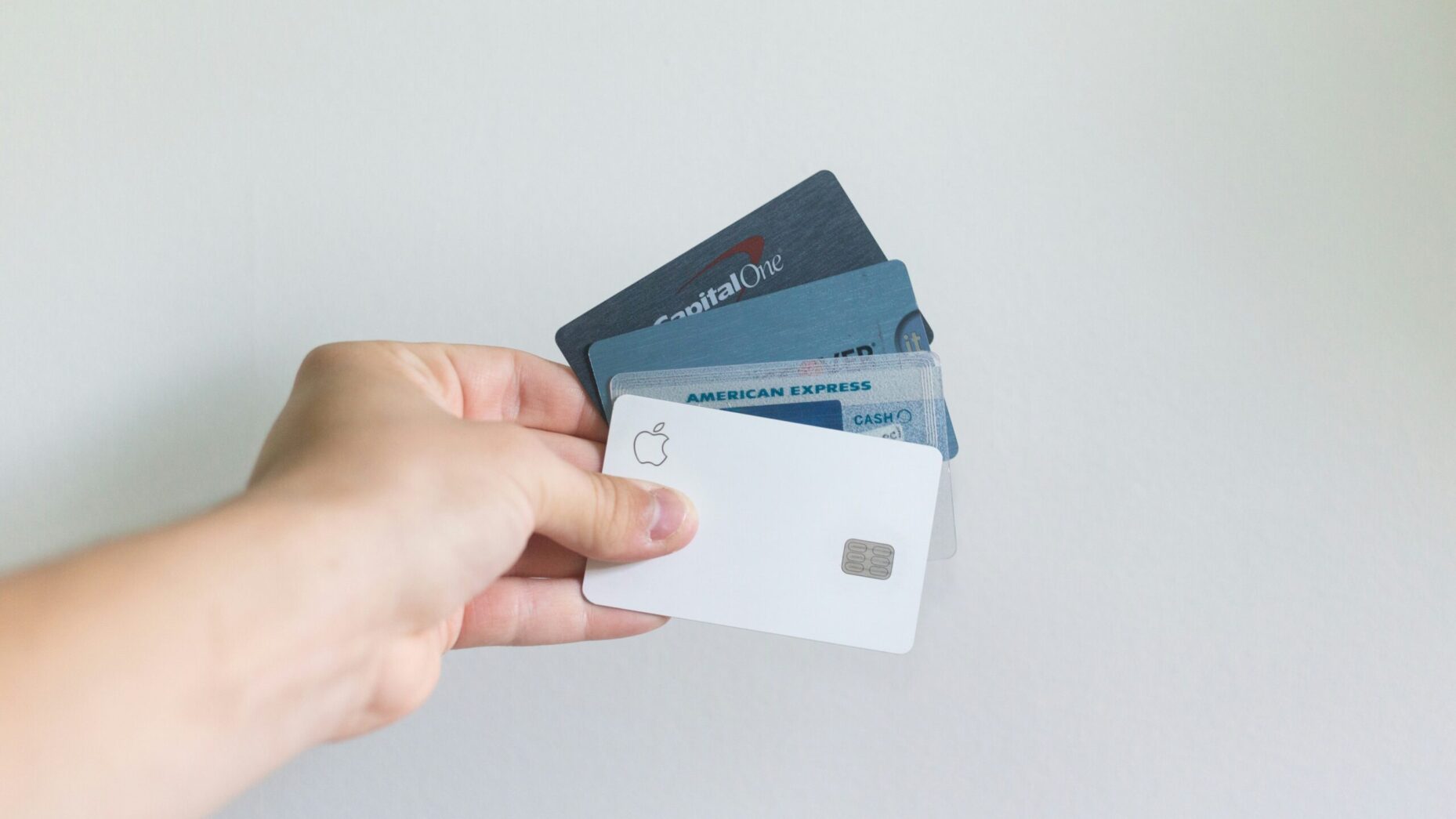
Apple submits plans to allow alternative payment systems in S.Korea – regulator
SEOUL, Jan 11 (Reuters) – South Korea’s telecommunications regulator said on Tuesday Apple Inc (AAPL.O) had submitted plans to allow third-party payment systems on its App Store to comply with a law banning major app store operators from forcing software developers to use their payments systems.
The Korea Communications Commission (KCC) had requested Apple and Alphabet’s (GOOGL.O) Google to submit compliance plans after the bill was passed in August last year and went into effect in September. read more
Google announced its plans to allow alternative payment systems in South Korea in November to comply with the amended Telecommunication Business Act, dubbed the “anti-Google law”. read more
“We look forward to working with the KCC and our developer community on a solution that benefits our Korean users,” Apple said in a statement, but did not provide details such as timeline of when the new payment systems will take effect or commission fee rates.
It plans to discuss further details with the KCC, the regulator said. The KCC said Apple plans to allow alternative payment systems for a lower service fee versus the current 30% commissions.
In the United States, the iPhone maker is wading through a lawsuit brought by “Fortnite” creator Epic Games in 2020 when the game maker tried to get around Apple’s 30% fee on in-app purchases by launching an in-app payment system of its own.
A U.S. judge last year ordered Apple to change its App Store rules, which ban developers from including links in buttons to outside payment systems over using Apple’s own.
“I hope Apple’s move here (in South Korea) isn’t another fake opening of payment systems as Google recently announced,” Epic Games CEO Tim Sweeney said in a tweet.
Apple said it paid developers a total of $260 billion through its App Store since its launch in 2008, implying a $60 billion payout to developers in 2021.
Reporting by Heekyong Yang and Joyce Lee and Nivedita Balu in Bengaluru; Editing by Christopher Cushing, Himani Sarkar and Maju Samuel






